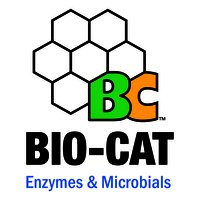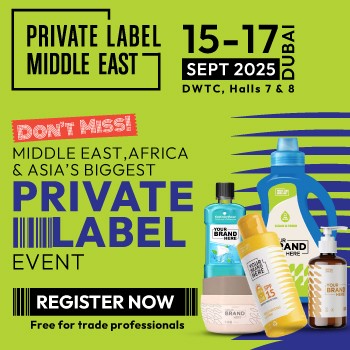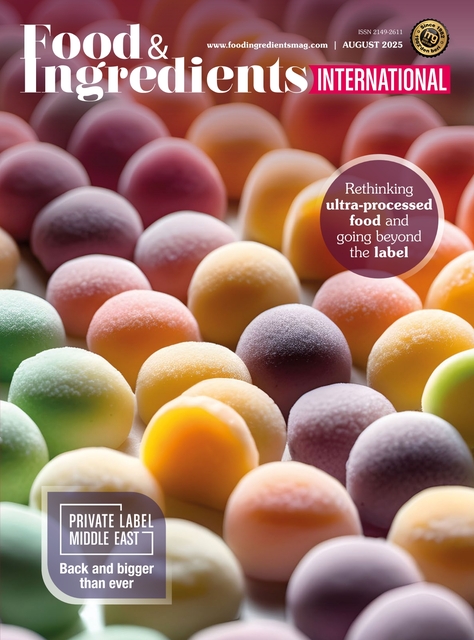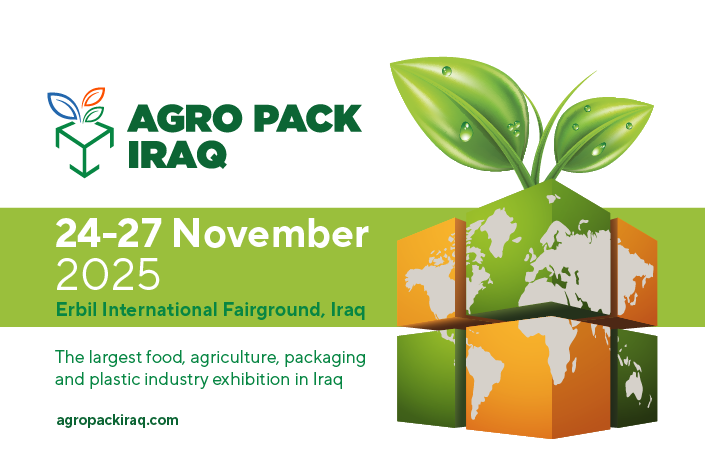As consumer demand for clean-label, organic, and non-GMO products continues to surge, the pressure is mounting on ingredient suppliers to meet stringent certification standards and scale production accordingly.
As the “food as medicine” movement gains traction and shoppers report increasing their purchases of natural (23%) and organic (22%) products over the last six months, the message is clear: the future of food is clean, and suppliers must rise to the occasion—or risk being left behind*.
According to industry research, sales of natural, organic, and functional products grew by 6.6%, while conventional product sales declined by 0.2%**. This growth is largely driven by consumers prioritizing health, transparency, and sustainability. Organic and non-GMO certifications remain the top two attributes driving purchasing decisions—with 65% of shoppers stating they are more likely to buy a product that carries either the USDA Organic or Non-GMO Project Verified seal***.
This consumer demand is now aligning with policy, as the White House Administration echoes the need for increased access to organic options. “All Americans deserve access to clean, organic, healthy food for our families and children,” states the MAHA Action website. “Major food companies need to take accountability and responsibility for the ingredients that they put in our food and how they market their products to consumers.”
However, meeting this rapidly growing demand is no easy feat. Becoming organic certified requires a rigorous inspection process and adherence to strict federal standards prohibiting the use of synthetic pesticides, GMOs, and growth hormones. As brands shift toward clean formulations, ingredient suppliers are being called upon to deliver at scale—without compromising on integrity or quality.
























